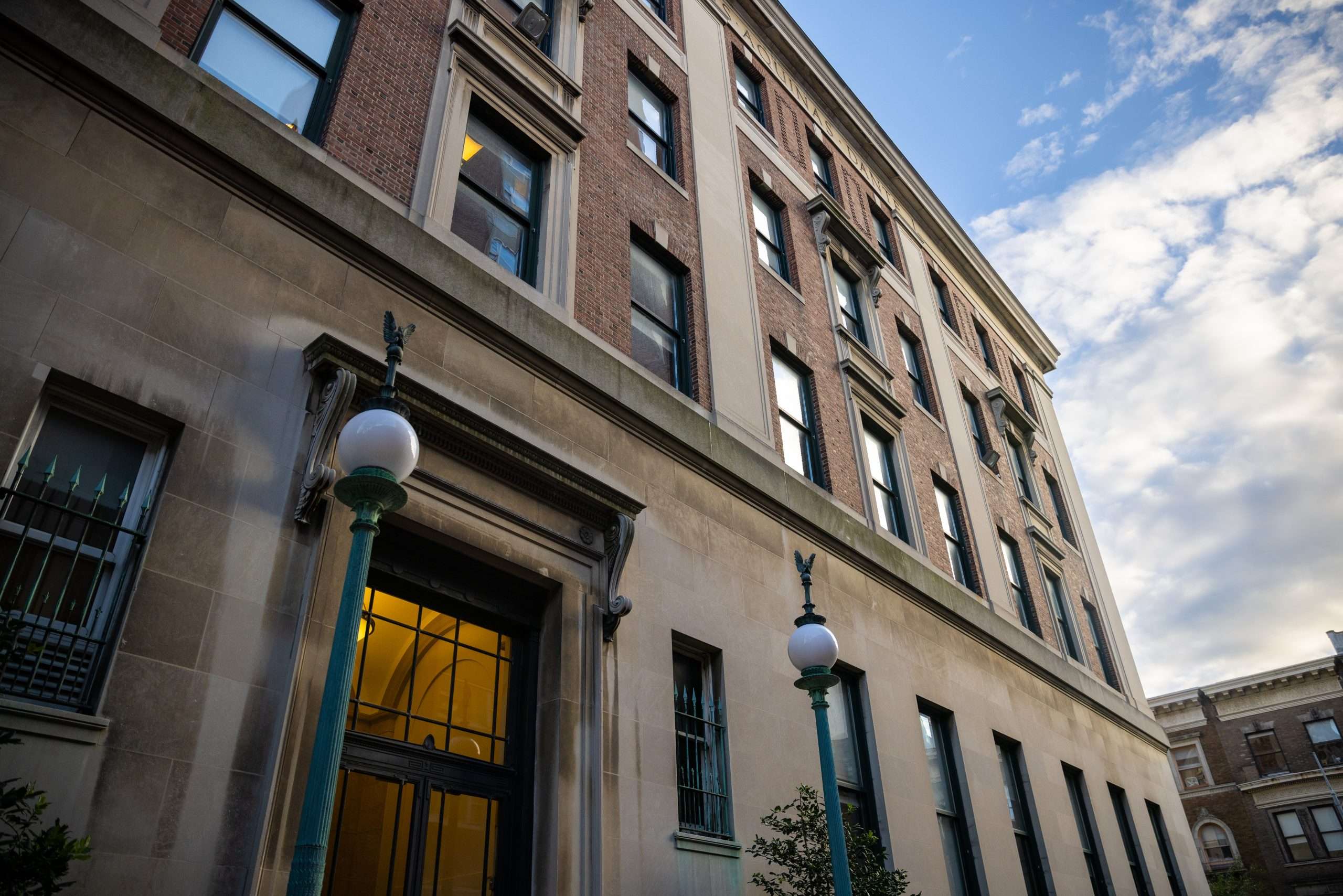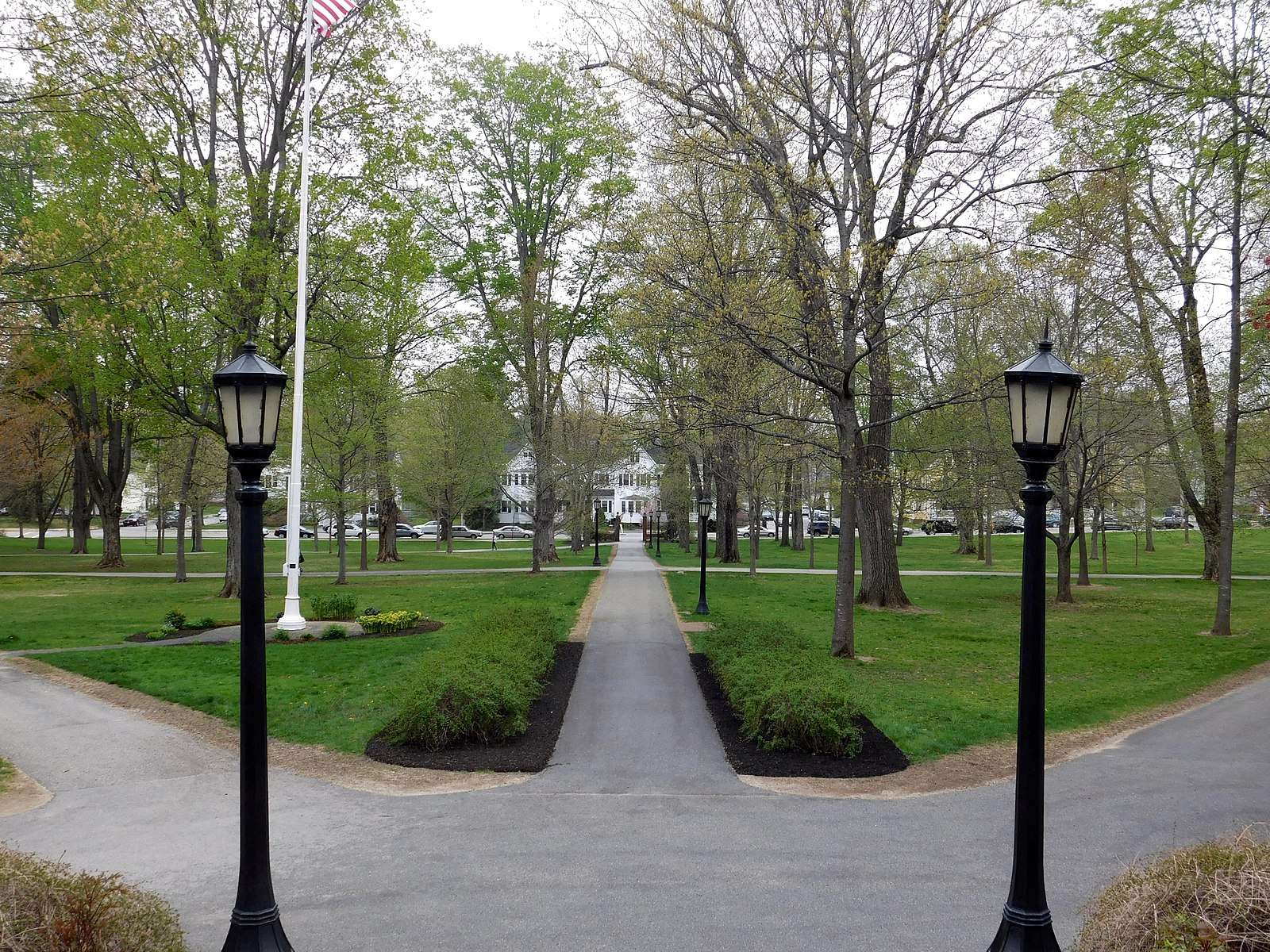The Ivy Coach Daily
What is a First Generation College Student?

All of America’s elite universities covet first-generation college students because they see their institutions as channels to America’s meritocracy.
As Rochelle Sharpe writes in a piece for The New York Times on first-generation college students, “It’s something that colleges love to brag about,’ said Brian Taylor, managing director of Ivy Coach, a New York counseling company, noting that many colleges list their first-gen statistics in their brochures.”
Sure, many elite universities offer preferential treatment to legacy applicants — the progeny of a school’s alumni base. Sure, they offer preferential treatment to recruited swimmers, squash, and golf players.
We recognize the irony that America’s elite colleges often favor the privileged.
But within this particular category, the first-generation college student category, America’s elite colleges are trying to level the playing field by opening a world to young people whose parents may have lacked access. These schools want to admit the intellectually curious and engaged children of taxi drivers, janitors, coal miners, and grocery store clerks. They want to help their children realize their versions of the American Dream.
The Percentage of First-Generation College Students at America’s Top Universities
Below you will find the percentage of students designated as first-generation at each of the top 20 schools ranked in the 2024 US News & World Report ranking of national universities.
You’ll note as you comb through the data that some schools cite how admitting first-generation college students is crucial to them. Yet, they fail to publish the specific percentage of first-generation college students, which raises our alarm bells.
Other schools publish the percentage of first-generation college students admitted to each respective incoming class yet fail to update their school profiles to include the portion of matriculants — the admitted students who chose to attend — who are first-generation college students. When that data was unavailable, we included the percentage of admits who were designated first-generation college students.
Sometimes, a school may release the data one year, yet not another. Why would a school cherrypick which years to publish the first-generation college student statistics? That seems obvious to us — they often don’t tout the figures in years in which the percentage wasn’t so high.
| School | 2024 U.S. News Ranking | Percentage of First Generation College Students – Class of 2028 | Percentage of First Generation College Students – Class of 2027 | Percentage of First Generation College Students – Class of 2026 | Percentage of First Generation College Students – Class of 2025 | Percentage of First Generation College Students – Class of 2024 |
| Princeton University | #1 | 16.3% | 17% | 17% | 22% | 17% |
| Massachusetts Institute of Technology | #2 | 20% | 18% | Not Released | Not Released | Not Released |
| Harvard University | #3 | 20.1% | 16% | 20.3% | 20.7% | 19.4% |
| Stanford University | #3 | Not Released | 20% | 21% | 18% | 20.2% |
| Yale University | #5 | 21% | 21% | 18% | 16% | 19% |
| University of Pennsylvania | #6 | 19% | “Nearly 20%” | 18% | 15% | 15% |
| California Institute of Technology | #7 | 15% | 17% | Not Released | Not Released | Not Released |
| Duke University | #7 | Not Released | Not Released | 10% | 9.47% | Not Released |
| Brown University | #9 | 14% | 15% | 15% | 17% | 18% |
| Johns Hopkins University | #9 | “More than 20%” | “More than 19%” | 21% | Not Released | Not Released |
| Northwestern University | #9 | Not Released | 14.6% | 15.3% | 15.1% | 13.2% |
| Columbia University | #12 | 20% | 19% | 20% | 17% | 17% |
| Cornell University | #12 | 16.5% | 15% | 19.9% | 19.4% | 15.5% |
| University of Chicago | #12 | Not Released | Not Released | Not Released | Not Released | Not Released |
| University of California, Berkeley | #15 | Not Released | Not Released | 20% | 26.6% | Not Released |
| University of California, Los Angeles | #15 | Not Released | Not Released | 27% | Not Released | Not Released |
| Rice University | #17 | Not Released | Not Released | Not Released | Not Released | Not Released |
| Dartmouth College | #18 | 17% | 14% | 16% | 17% | Not Released |
| Vanderbilt University | #18 | Not Released | Not Released | Not Released | Not Released | Not Released |
| University of Notre Dame | #20 | 21% (*combined with Pell Grant and students with family incomes under $65,000) | 20.5% (*combined with Pell Grant and students with family incomes under $65,000) | 14% (*combined with Pell Grant and students with family incomes under $65,000) | 20.3% (*combined with Pell Grant and students with family incomes under $65,000) | Not Released |
First-Generation College Student FAQ
If my parents graduated from four-year colleges in India, do I qualify as a first-generation college student?
No, first-generation college students are students whose parents did not graduate from a four-year anywhere in the world.
Are you a first-generation college student if your sibling went to college?
Yes, you are, as long as neither of your parents graduated from college. You and your sibling are members of the same generation. So you still qualify as the first-generation.
How do colleges know if you are first-generation?
It’s indicated on The Common Application under parents’ education. Whether your parents attended college in the United States or elsewhere in the world, The Common Application asks applicants to include this information — and you must be truthful. The college degrees of parents — even degrees in India — can be discovered on background checks. Besides, you must be honest on every component of your college application — not only because it’s the right thing to do but, if you are not, it’s grounds for your admission to be rescinded.
Why should my child be penalized because I went to college?
It’s not that your child is being penalized. It’s just that first-gens are being given an extra boost.
Did the outlawing of Affirmative Action lead to increased socioeconomic diversity?
The Class of 2028 marked the first class admitted after the Supreme Court’s outlawing of Affirmative Action. So, did banning the consideration of race in admissions decision-making lead to more socioeconomically diverse classes at our nation’s top universities as told through a surge in first-generation college students? It turns out it’s a mixed bag — the percentage of first-generation college students rose slightly at some elite universities for the Class of 2028 while it fell somewhat at others. It seemed no different than previous years.
You are permitted to use www.ivycoach.com (including the content of the Blog) for your personal, non-commercial use only. You must not copy, download, print, or otherwise distribute the content on our site without the prior written consent of Ivy Coach, Inc.
TOWARD THE CONQUEST OF ADMISSION
If you’re interested in Ivy Coach’s college counseling, fill out our complimentary consultation form and we’ll be in touch.
Get Started




